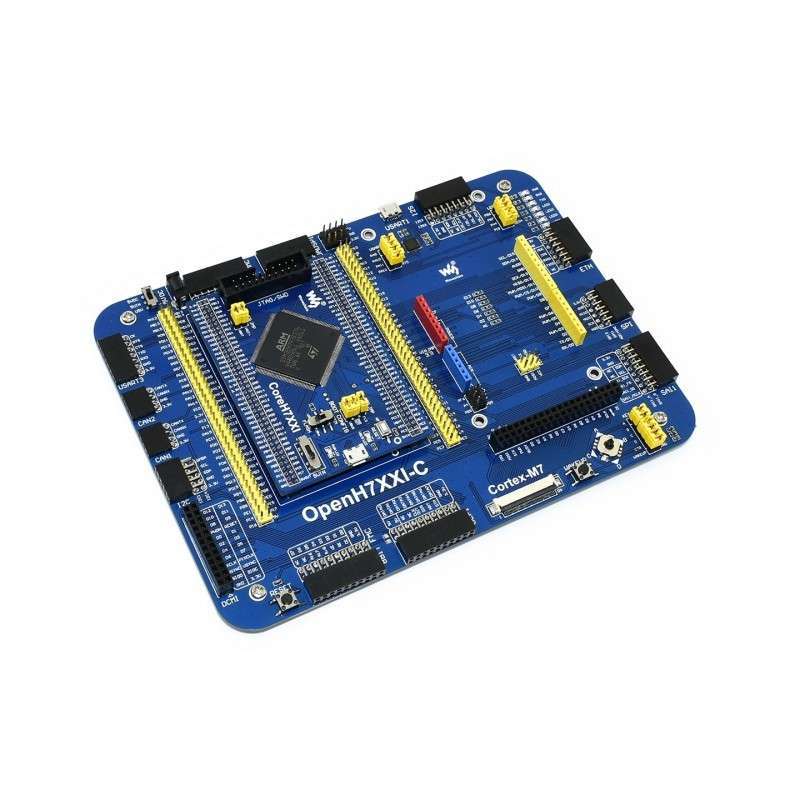




RLX COMPONENTS s.r.o. , Electronic Components Distributor.
RLX COMPONENTS s.r.o. , Electronic Components Distributor.
OpenH743I-C Standard, STM32H7 Development Board (WS-16884)
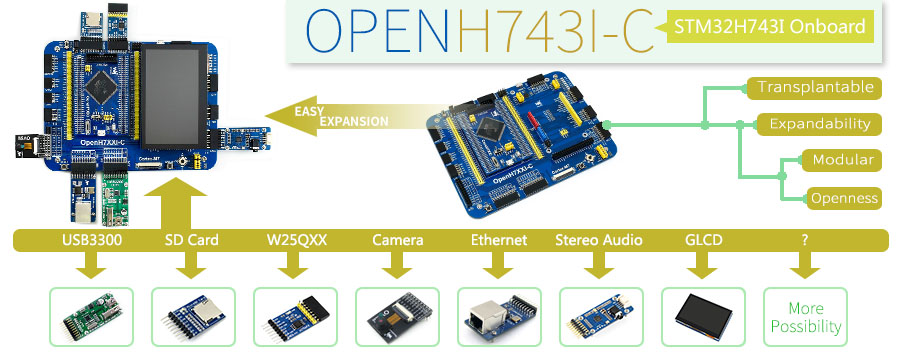
OpenH743I-C is an STM32 development board designed for the STM32H743IIT6 microcontroller, consists of the mother board and the MCU core board CoreH743I.
The OpenH743I-C supports further expansion with various optional accessory boards for specific application. The modular and open design makes it the ideal for starting application development with STM32 series microcontrollers.
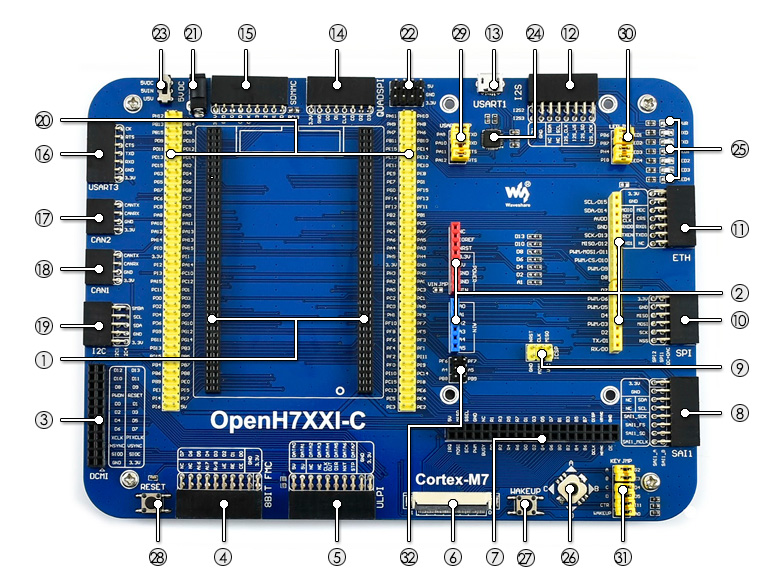
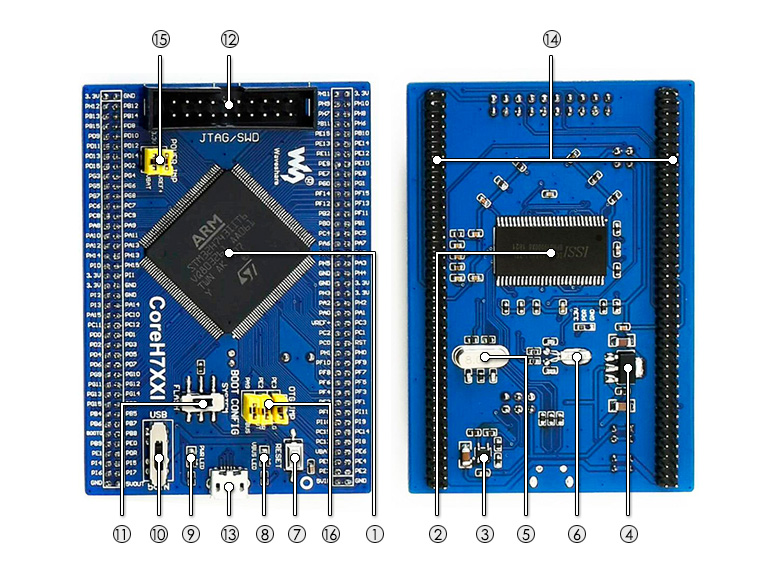
Note:
The Modules in the photos are for reference only.
The OpenH743I-C does NOT integrate any debugging function, a debugger is required.
The figure 1, and 2 show the header pinouts of JTAG/SWD interface
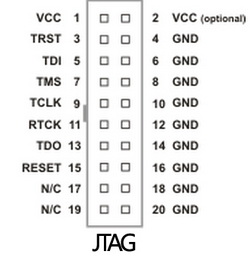
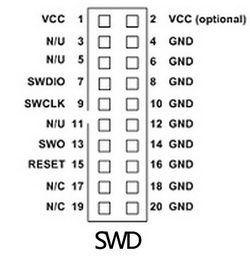
Wiki: www.waveshare.com/wiki/OpenH743I-C
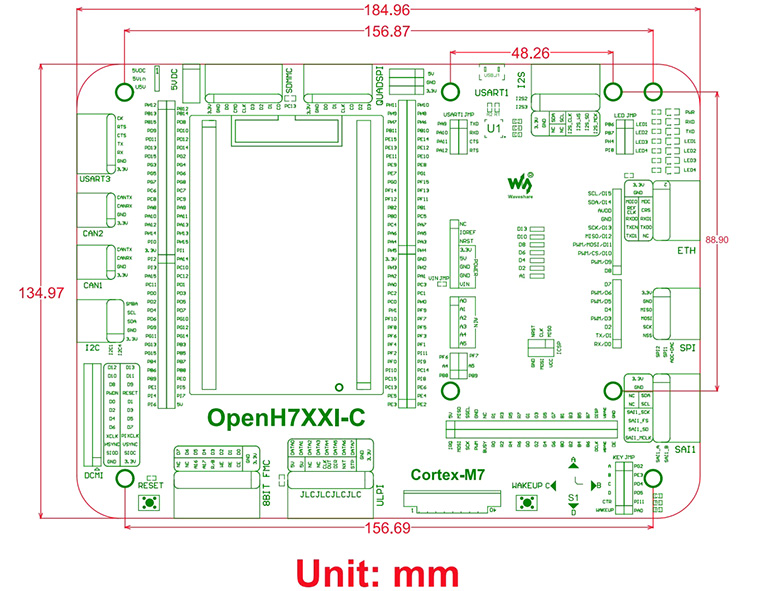
102.09 € tax excl.